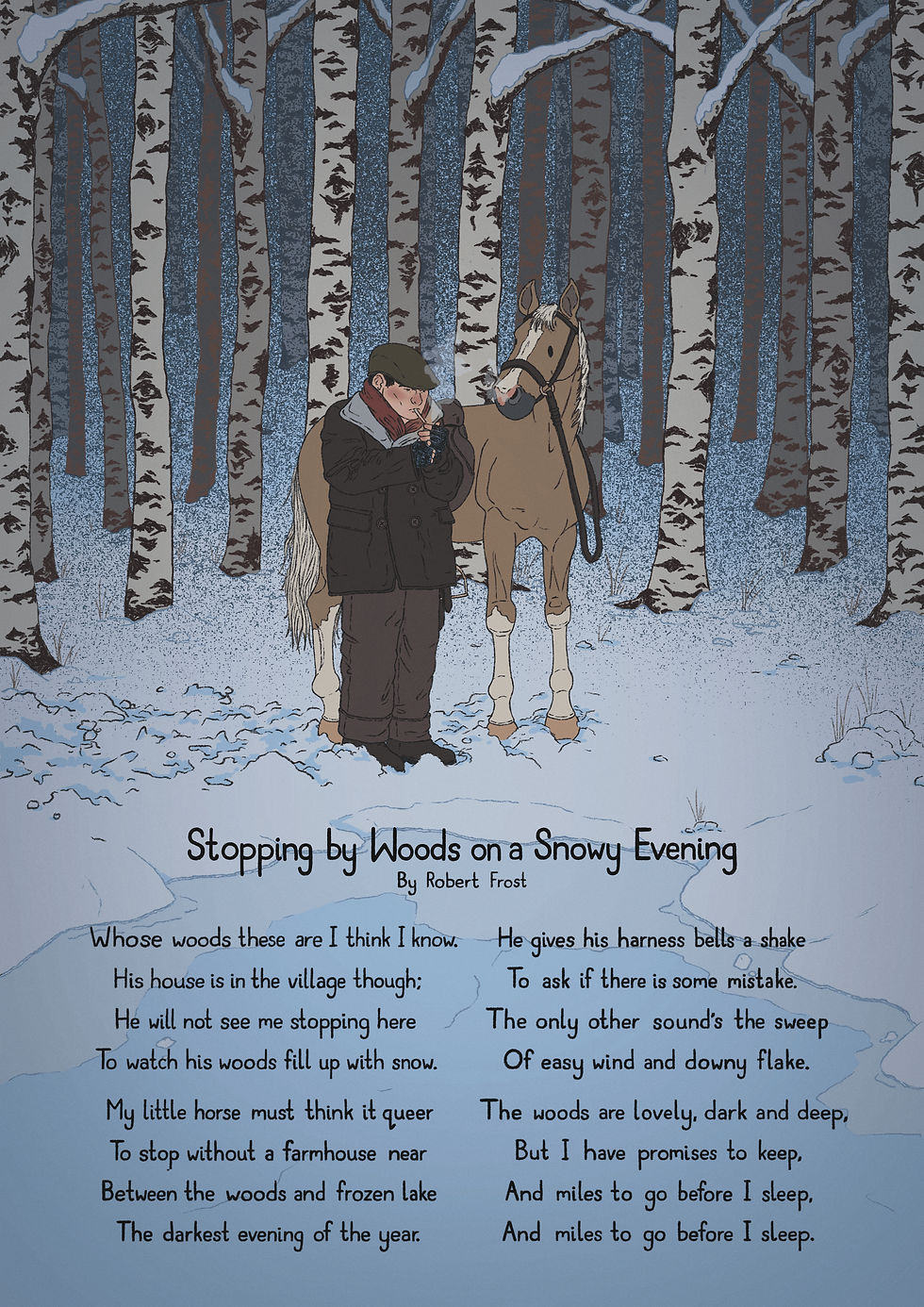What to Say (or not) When Someone is Grieving
- brookmcbride
- Oct 6, 2023
- 4 min read
Updated: Oct 6, 2023

My first appointment as a full-time pastor was the Geddes United Methodist Church. I was 29 years old and fresh out of seminary. The first day I set foot in Geddes, one of the prominent members of the church and beloved members of the community died of a heart attack. His wife, Doris, pondered asking the pastor before me to do the funeral, but after praying about it she decided to put her faith in me. “I just put my hands up to God and after I prayed, I just felt like the right thing to do was to trust in our new pastor! You are our pastor now and I just needed to trust in what God is doing in and through you!”
I wish I had had as much faith in me as Doris did! I will never forget the faith and trust she placed in my hands! Her faith and trust in me were a gift that helped me do more ministry than I could have imagined in that first parish. And, with God’s help, and with the help of the Geddes community we were able to lay her husband back in the arms of God with grace and in a way that honored his life and the gift he was to our community.
But two weeks after the funeral, I got a call from Doris. I could tell that she had been crying, and she asked if I could come over and have coffee with her. When I entered her kitchen, I noticed she was holding a letter. “I received this letter yesterday, Pastor Brook. I know that this person is a good Christian, Pastor Brook, but these words have just been haunting me ever since I’ve read them. I just can’t shake them from my mind. To be honest, I’m just a little bit angry about it all.”
I sat down and read the letter and as I read it, tears began to fill my eyes too. Why would anyone think this would be consoling? The letter had started off just fine. This person was someone who did, it seemed, want to convey to Doris her sadness at the loss of her husband. But in the middle of the letter, was this sentence: “If you had only prayed for your husband just a little bit harder, I just know our good and faithful God would have allowed him to live. We must remain faithful in our prayer life!”
What loving Christian would say something like this? It occurred to me that this person was trying to defend her understanding of God. She knew her God was faithful, so when something tragic happened the only way, she could rationalize it was to blame those closest to the tragedy. My guess is that this person had no idea that what she said was hurtful. She thought she was being faithful.
Unfortunately, this isn’t the only time I’ve experienced the pain of a well-intended Christian say the wrong thing at a time when someone is in deep grief. It seems folks just don’t know what to say in these times, so they tend to gravitate to cliches that are often more harmful than they are helpful.
The good news is we can do better. We can learn what to say and how to say it. One of the leading experts in grief, Dr. David Kessler, has put together a great little video on the 10 things not to say to someone going through grief. In it he teaches that no loss deserves to be minimized. That all losses are all real and unique. And that showing up is the real crux of ministry to those who are grieving. Here is the list. Please take them to heart.
THINGS YOU SHOULD NOT SAY:
1) At least she lived a long life.
2) He is in a better place.
3) They brought this on themselves.p
4) There’s a reason for everything.
5) Aren’t you over him yet?
6) You can have another child still.
7) She was such a good person God wanted her to be with God.
8) I know how you feel.
9) They did what they came here to do and now is their time to go.
10) Be strong!
THINGS YOU SHOULD SAY:
1) I’m heart-broken for your loss.
2) I wish I had the right words. Just know I care.
3) I don’t know how you feel, but I’m here to help in any way I can.
4) You and your loved ones will be in my thoughts and prayers.
5) My favorite memory of your loved one is…
6) I am always just a phone call away.
7) Give a hug instead of saying something.
8) We all need help in times like these. I am here for you.
9) I’m usually up early or late if you need anything.
10) If you don’t know what to say, say nothing and let your presence speak for you.
One last thing I share from my own experience with grief. Prayer is great. Saying you are praying for someone is great. As long as you remember that 90% of prayer is being present.
Your friend and pastor, learning like all of us how to walk with those who are grieving, Brook
PS: If you’d like to learn more, listen to this 15-minute video put on by Dr. Kessler



Comments